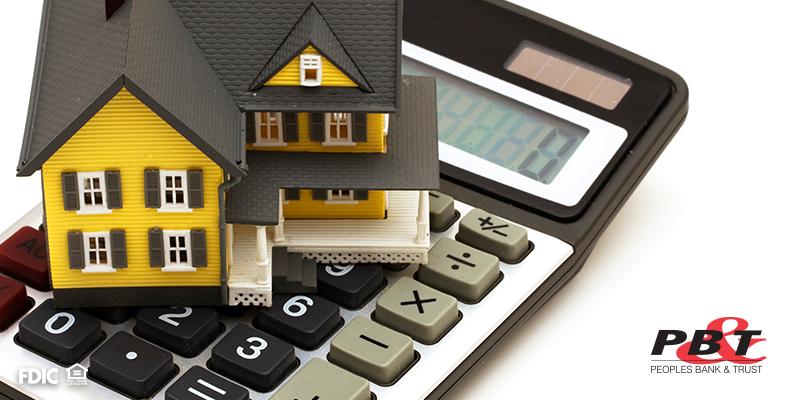
Staying on top of your check book is more important than you think! With daily transactions, online shopping, and cash donations, it’s hard to have a current and accurate history of your current personal finances. Peoples Bank & Trust is here to help with our specialized guide to balancing your checkbook. We’ll show you not only how to get the most accurate numbers, but how it protects your finances too!
- Once you have your transaction log from your check book or other personal notebook, find your current checking account balance online or from an ATM.
- Write down all recent incoming and outgoing transactions. It helps to reference receipts to make sure you don’t miss anything. Be sure to keep ATM receipts as well to have record of when and how much you withdraw or deposit.
- When recording your transactions, label each with the vendor which originated it, in addition to a brief indicator of what the expense or income was for.
- Balance the incoming funds with the outgoing funds to determine your current balance. Be sure to include any interest the bank has deposited to your account or fees they have charged.
- Double check your math and make sure your personal record keeping is accurate. Adjust any errors that need to be fixed, and compare this log with your online transaction history. Notify the bank immediately if you see a charge you did not make.
- Review your checks to confirm if they have been cashed or are still outstanding. Mark all check transactions once they have been cashed to keep an accurate and timely record.
- Once your checkbook is officially balanced make two double lines to indicate when you last went through your transactions.
Checking your balance on a regular basis not only helps you better manage your personal finances, but also enables you to catch any fraudulent charges before it’s too late! Let our experienced new account representatives at Peoples Bank & Trust get you started with the ideal checking account for your needs!
Peoples Bank & Trust Co.
Equal Housing Lender
Member FDIC










